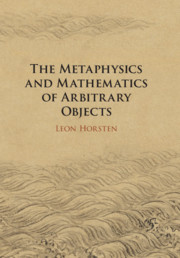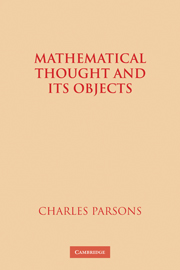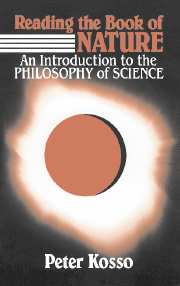The Metaphysics and Mathematics of Arbitrary Objects
Building on the seminal work of Kit Fine in the 1980s, Leon Horsten here develops a new theory of arbitrary entities. He connects this theory to issues and debates in metaphysics, logic, and contemporary philosophy of mathematics, investigating the relation between specific and arbitrary objects and between specific and arbitrary systems of objects. His book shows how this innovative theory is highly applicable to problems in the philosophy of arithmetic, and explores in particular how arbitrary objects can engage with the nineteenth-century concept of variable mathematical quantities, how they are relevant for debates around mathematical structuralism, and how they can help our understanding of the concept of random variables in statistics. This fully worked through theory will open up new avenues within philosophy of mathematics, bringing in the work of other philosophers such as Saul Kripke, and providing new insights into the development of the foundations of mathematics from the eighteenth century to the present day.
- Provides valuable new explorations of an understudied area of mathematical theory
- Investigates particular and arbitrary systems of objects in relation to contemporary problems in philosophy of mathematics
- Engages with logic, metaphysics, structuralism, and statistics, making the book relevant for researchers in multiple fields
Reviews & endorsements
'For the initiated reader, the book promises to add new life to research on arbitrary objects.' R. L. Pour, Choice
'… the work constitutes an important contribution to the analytical philosophy of mathematics.' Athanase Papadopoulos, zbMATH
Product details
June 2019Adobe eBook Reader
9781108601771
0 pages
This ISBN is for an eBook version which is distributed on our behalf by a third party.
Table of Contents
- 1. Introduction
- 2. Metaphysics of mathematics
- 3. Arbitrary objects
- 4. Mathematical objects as arbitrary objects
- 5. Structure in mathematics
- 6. Mathematical structures
- 7. Kit fine
- 8. Generic systems and mathematical structuralism
- 9. Reasoning about generic w-sequences
- 10. Probability and random variables
- 11. Directions for future research.





